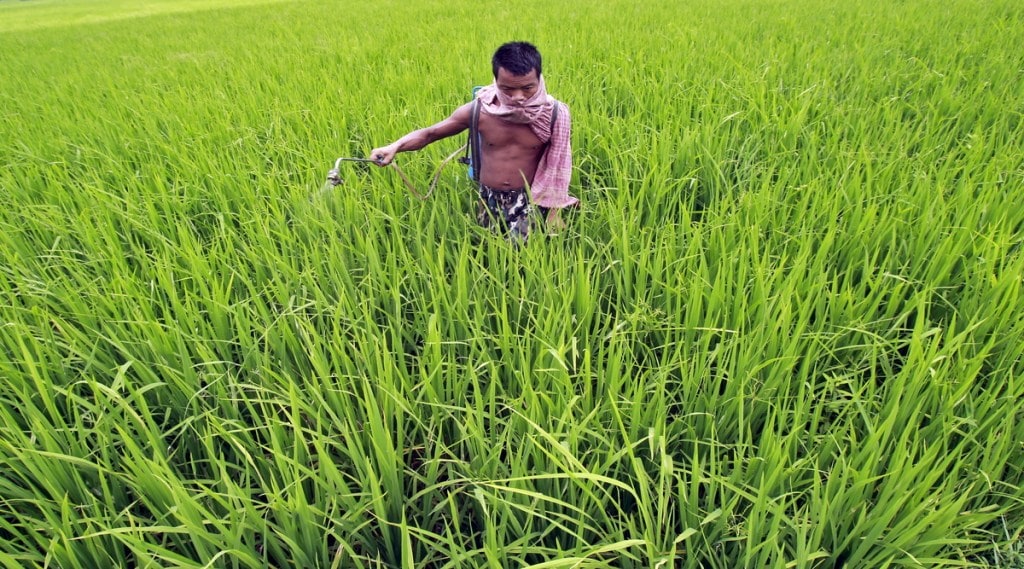Fertilisers – one of the key inputs in agricultural produce – are expected to see further price rise in coming days, in another fallout from the Russia-Ukraine war. Cost of inputs such as fertilisers and insecticides will rise by 11 per cent to 15 per cent in 2022, according to a report from Kotak Institutional Equities. India is self-sufficient in its food plate, but it depends on countries such as Russia for importing plant nutrients such as urea and phosphates. Amid the ongoing conflict, the government is expected to increase the minimum price support (MSP) to compensate farmers and companies from moved up costs, analysts said.
Russia Ukraine war: Crunch in supplies, multifold price rise of farm inputs
Russia is one of the largest exporters of fertilisers in the world and its invasion of Ukraine has further hindered supply chain and disrupted shipping, driving up prices for natural gas, a key ingredient for fertiliser manufacturing. India, like other countries, has been hit by this supply crunch as it relies on imports of fertilisers both in finished form as well as through raw material and intermediates from Russia and its ally Belarus. India’s plans to source potash from Belarus and phosphatic fertilisers from Russia have become uncertain amid the ongoing Russia-Ukraine war, ICRA Ltd said in a report.
“Inadequate availability of fertilisers poses a concern for the agri sector, as systemic inventory is significantly below historic levels across all segments, chiefly on account of lower imports amid limited availability in the international market, and elevated prices,” ICRA said in a report earlier this month.
In the fourth quarter of the current fiscal, prices of fertiliser raw material have shot up considerably in comparison to the past year. Ammonia prices are up 200%, while sulphur and potash prices are up over 100% year-on-year in the fourth quarter of the current fiscal, according to a report from Elara Capital.
Government may increase subsidies
“In the upcoming NBS policy, we expect subsidy to rise reasonably, so as to maintain fertiliser MRP at current levels, ensuring fair margins for the companies. In the absence of this, complex fertiliser companies may hike prices sharply to pass on the cost inflation,” the report added.
Kotak Institutional Equities said the government may be compelled to significantly increase minimum support prices of various crops in order to compensate for the sharp increase in input costs and to support the weak rural economy. “Adverse terms of trade have affected farm households and weak rural wages and jobs for non-farm households. However, higher MSPs may contribute to food inflation, which will increase overall inflation,” it added.


